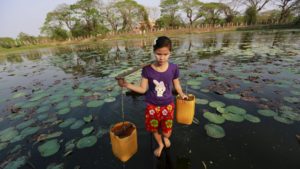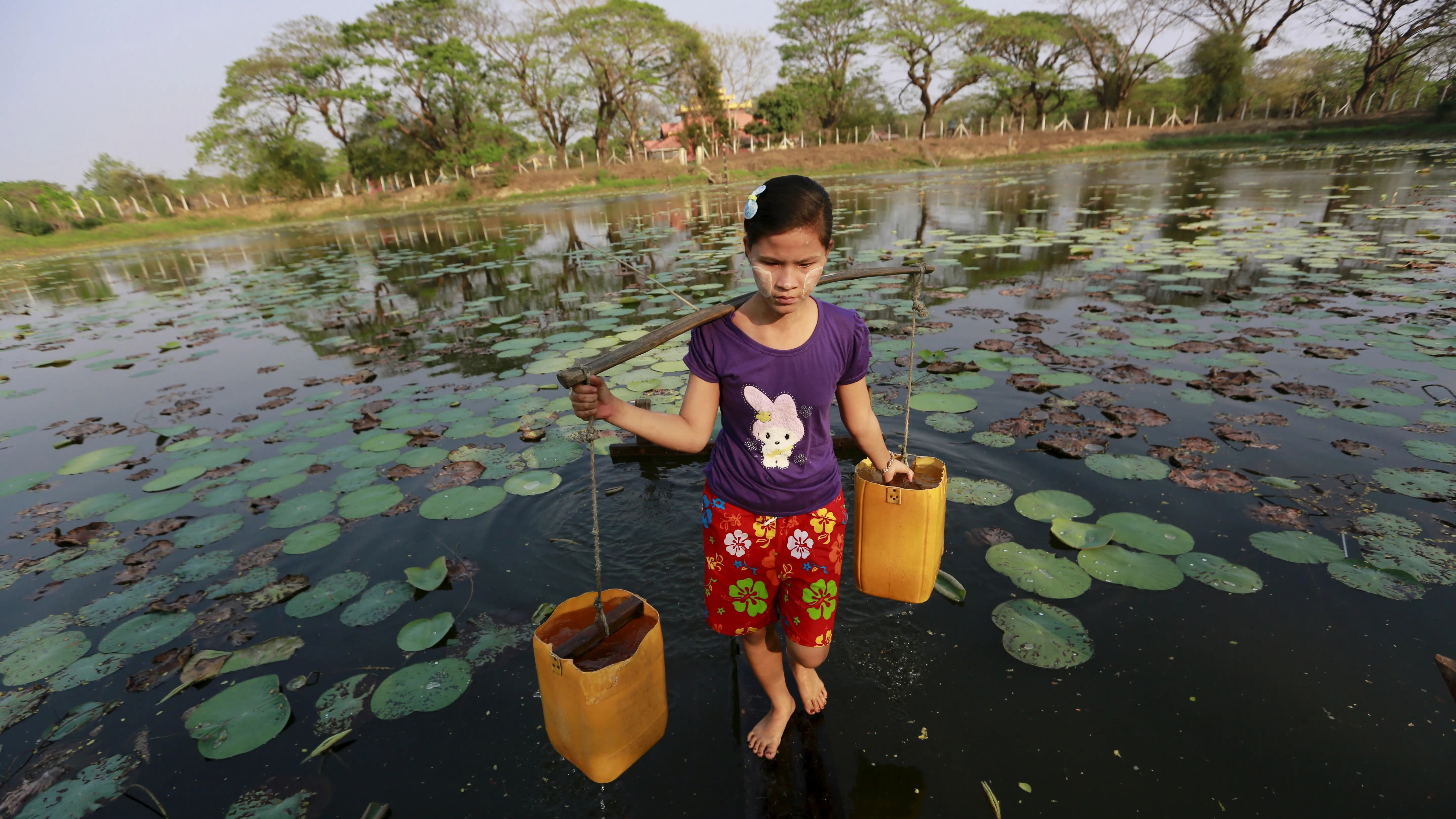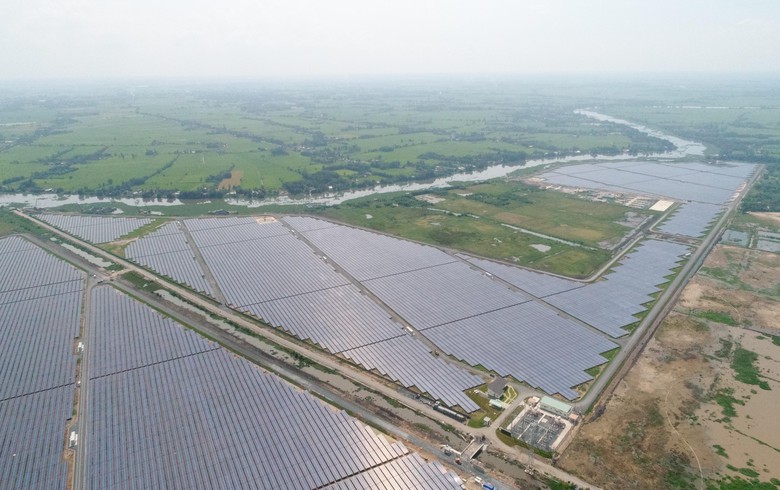
Ayala and Yoma team up to close Myanmar’s infrastructure gap
Conglomerates’ power and water plans promise to help offset limited public fund
If there is one thing Myanmar needs, it is infrastructure. Now, Yoma Group, one of the country’s biggest conglomerates, is looking to build it with a partner that knows a thing or two about power grids and water supplies — the Philippines’ Ayala.
Yoma and Ayala have many overlapping businesses, from property and finance to hospitals and auto sales, but the Myanmar company has yet to seriously tackle infrastructure. Instead, it has focused on housing, restaurants, tourism and other businesses geared to Myanmar’s growing middle class.
But after signing a capital tie-up deal with Ayala in November, it is ready to expand its scope.
“As it has been demonstrated by Ayala in the Philippines, our view is that the private sector can play a very important role in nation building,” Melvyn Pun, chief executive of Yoma Strategic Holdings (YSH) — the group’s core Singapore-listed company — told reporters in Yangon late last month.
“There is no more important thing for Myanmar than to bridge the infrastructure gap,” he added.
That gap is one reason Myanmar lags behind other Southeast Asian countries in economic growth. There are limits to what the government can afford: Tax revenue in 2017 came to 5.44 trillion kyat ($4.0 billion at the time), according to the World Bank. That is a mere fraction, about 9%, of what the Philippines earns.
Since financing infrastructure with taxpayers’ money would take too long, Myanmar needs private-sector projects to help spur economic development. An increase in private infrastructure investment, meanwhile, would allow the government to devote more of its limited capital to social security and other programs.
In November, Yoma Group, founded by Melvyn’s father Serge Pun, announced a deal under which Ayala would invest a total of $237.5 million in YSH and First Myanmar Investment, the group’s other Yangon-listed core member. This gives Ayala a 20% stake in each company, making it the second-largest shareholder after the Pun family.
Their first joint project will center on renewable power generation.
Since 2017, Yoma has been installing electricity generating equipment that combines solar and diesel power in rural villages without grid access. Soon, the two conglomerates will set up a 50-50 joint company to invest $30 million in Yoma’s mini-grid operator and bring the service to 2,000 locations by 2030, up from 250 at present.
Yoma itself could use a new income stream, as Myanmar’s real estate market is slumping after a temporary boom.
The two groups also intend to start large-scale renewable power generation, mainly solar, with plans to set up plants with combined output of 200 megawatts in a number of locations in Myanmar.
While Myanmar has a single solar power plant capable of generating 40 MW operated by a Thai company in Magway, in the central part of the country, Ayala brings more advanced expertise to the table. In April, the Philippine company switched on a 330 MW solar power plant, one of the largest in Southeast Asia, in central Vietnam through a tie-up with BIM Group.
In addition, with a joint bid, Yoma and Ayala are looking to capitalize on the city of Yangon’s plan to privatize its water business.
Myanmar’s socialist past left it with numerous state-run businesses. Privatization began with the government’s announcement in 2018 of the Myanmar Sustainable Development Plan, which envisions converting state operations into public entities and then privatizing those deemed commercially viable.
The Myanmar government “may not be as progressive as we would like to see in the process of privatization, but the direction is there and the steps are already there,” said Serge Pun, chairman of Yoma Group, at a news conference in late November.
To provide utility services, such as power and water, at affordable prices, which was “proven” in the experience of the Philippines, “You will have to rely upon the private sector to provide capital and expertise,” he added.
The Yangon City Development Committee in August announced plans to privatize water distribution in the near future. Ayala and Yoma have already submitted a letter of intent and plan to bid jointly for the project.
Ayala can cite its experience with unit Manila Water, which manages the supply and sewage services in the eastern half of Metropolitan Manila. In Yangon, it participated in a project with Japan’s Mitsubishi Corp. to modernize distribution pipes and meters from 2014 to 2017, contributing to a 70% cut in nonrevenue water — water that is lost before reaching customers due to leaks or theft.
The conglomerates will have to clear some hurdles to realize their infrastructure ambitions. For example, the Southeast Asian country still lacks a legal framework for farming out such work, even though foreign companies are to take on long-term, potentially risky projects.
“What I learned in our own country is that foreign companies who want to invest into our project ask for very clear rules and guidelines,” said Fernando Zobel de Ayala, president and chief operating officer of Ayala, at the news conference.
Source: https://asia.nikkei.com/Business/Engineering-Construction/Ayala-and-Yoma-team-up-to-close-Myanmar-s-infrastructure-gap



